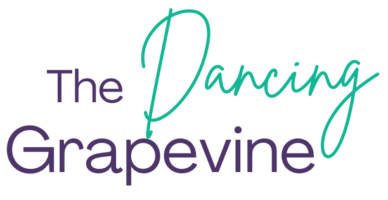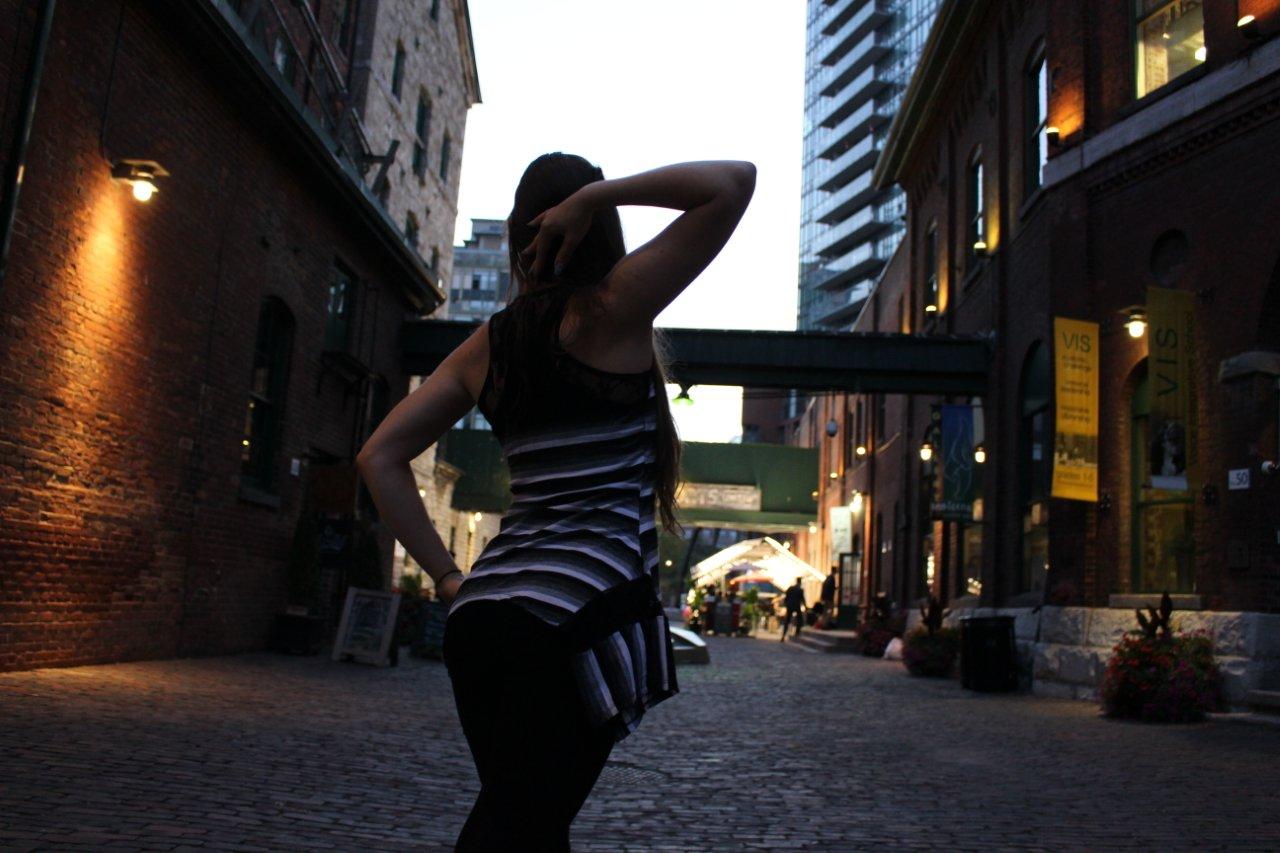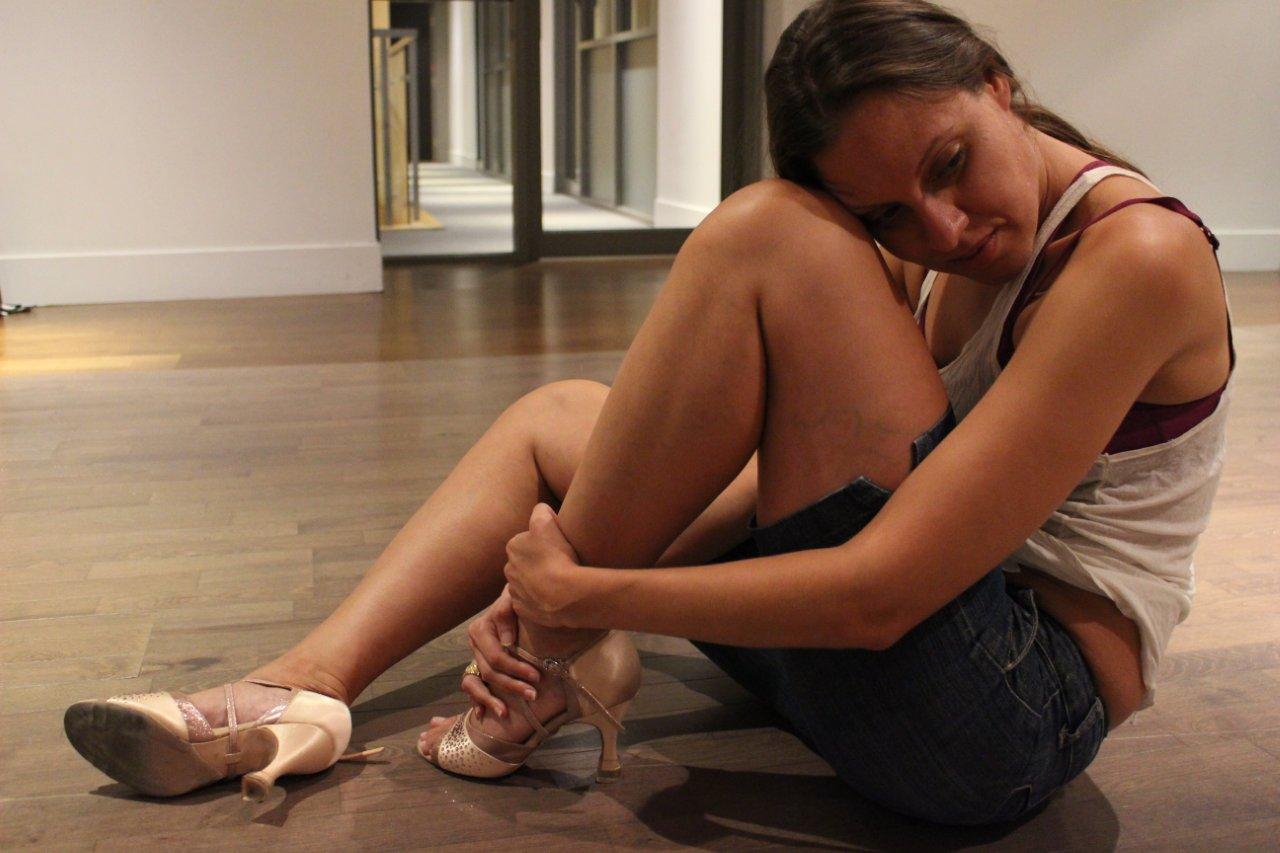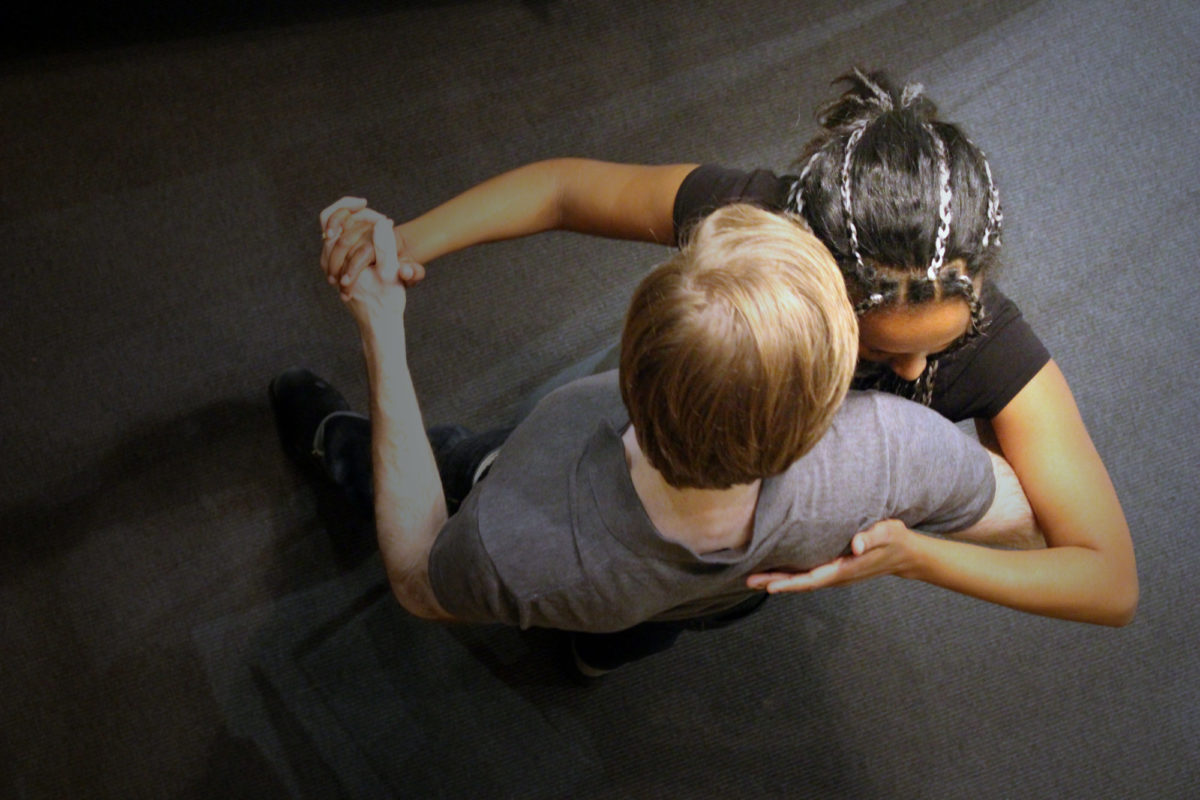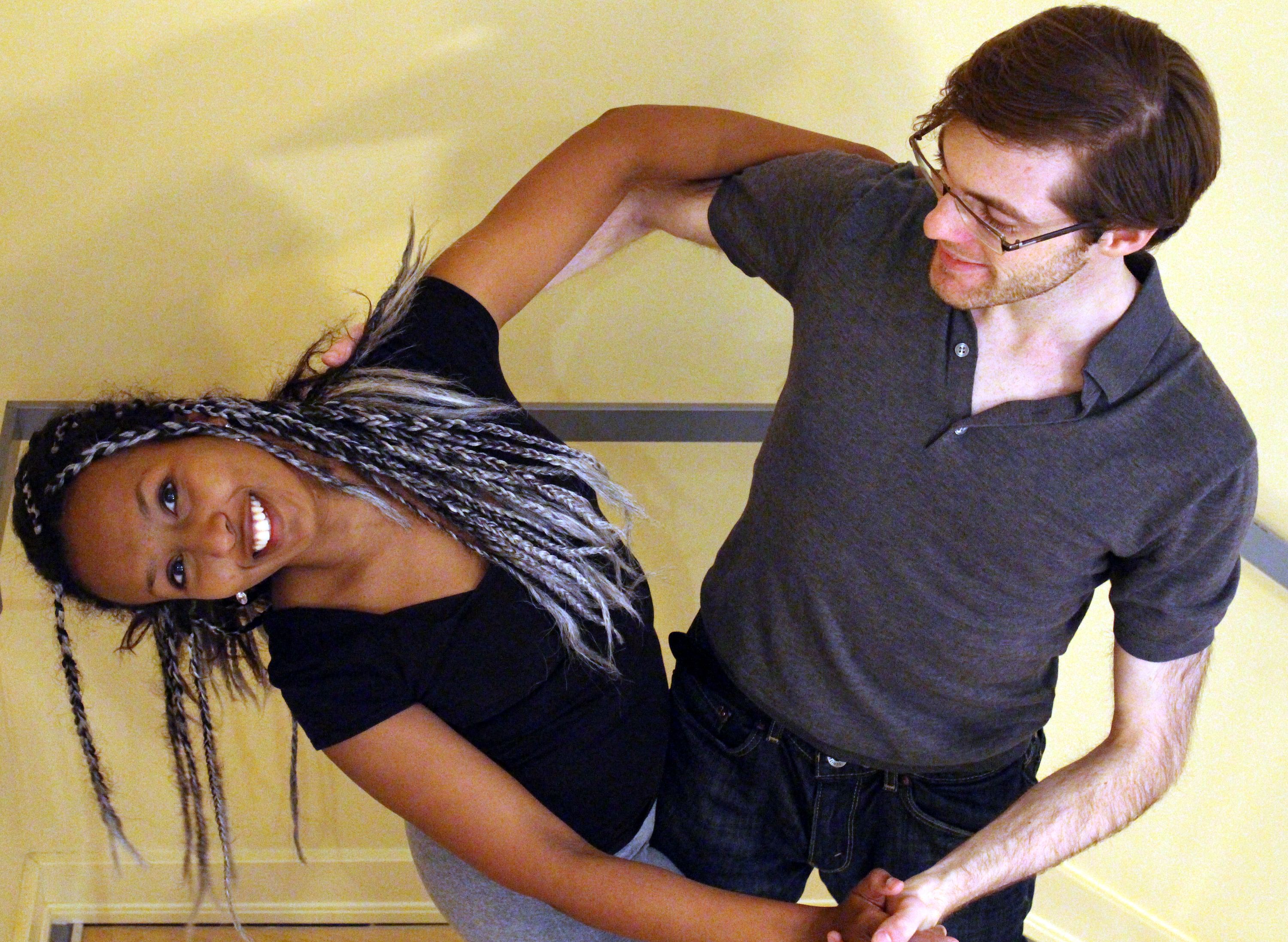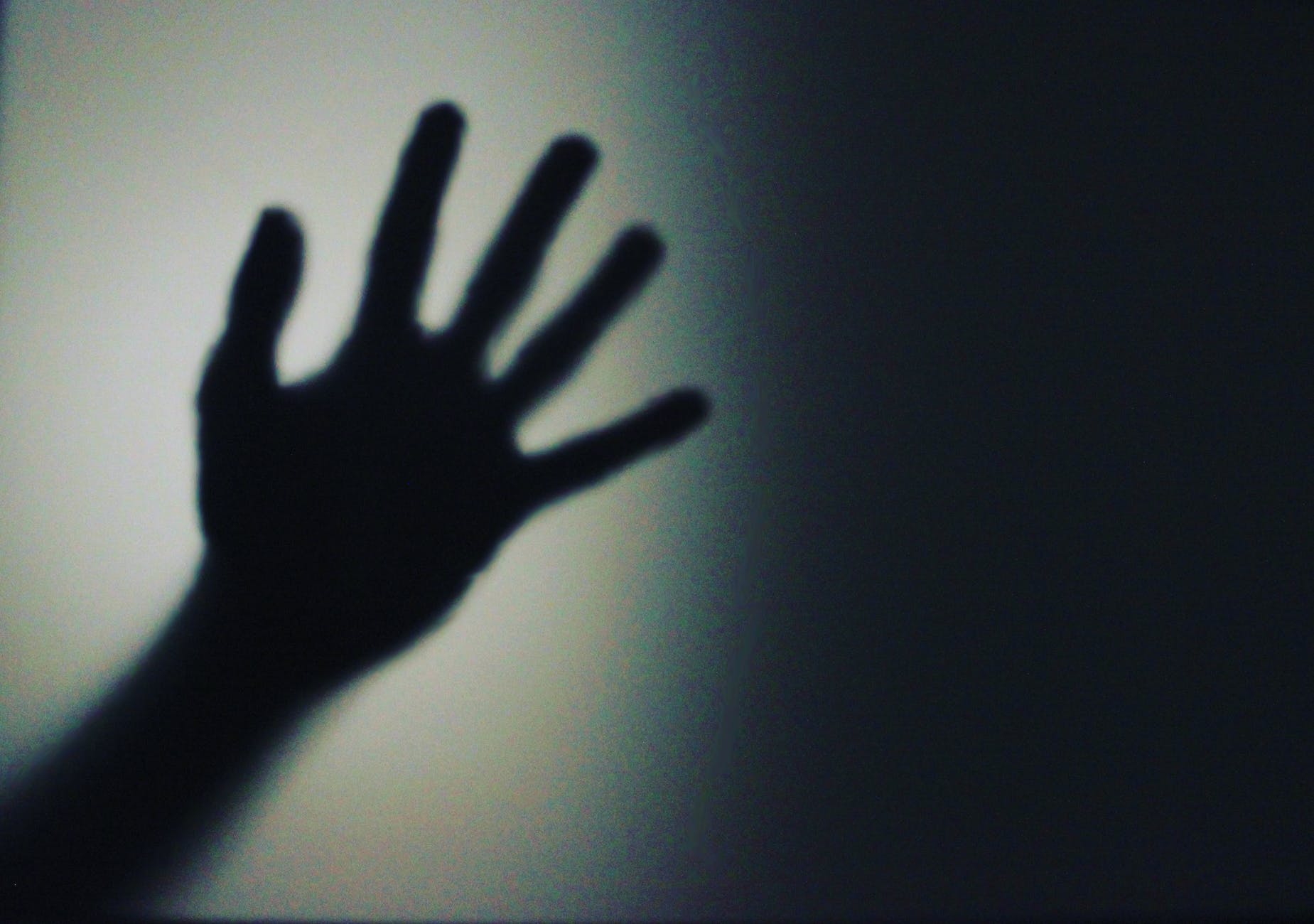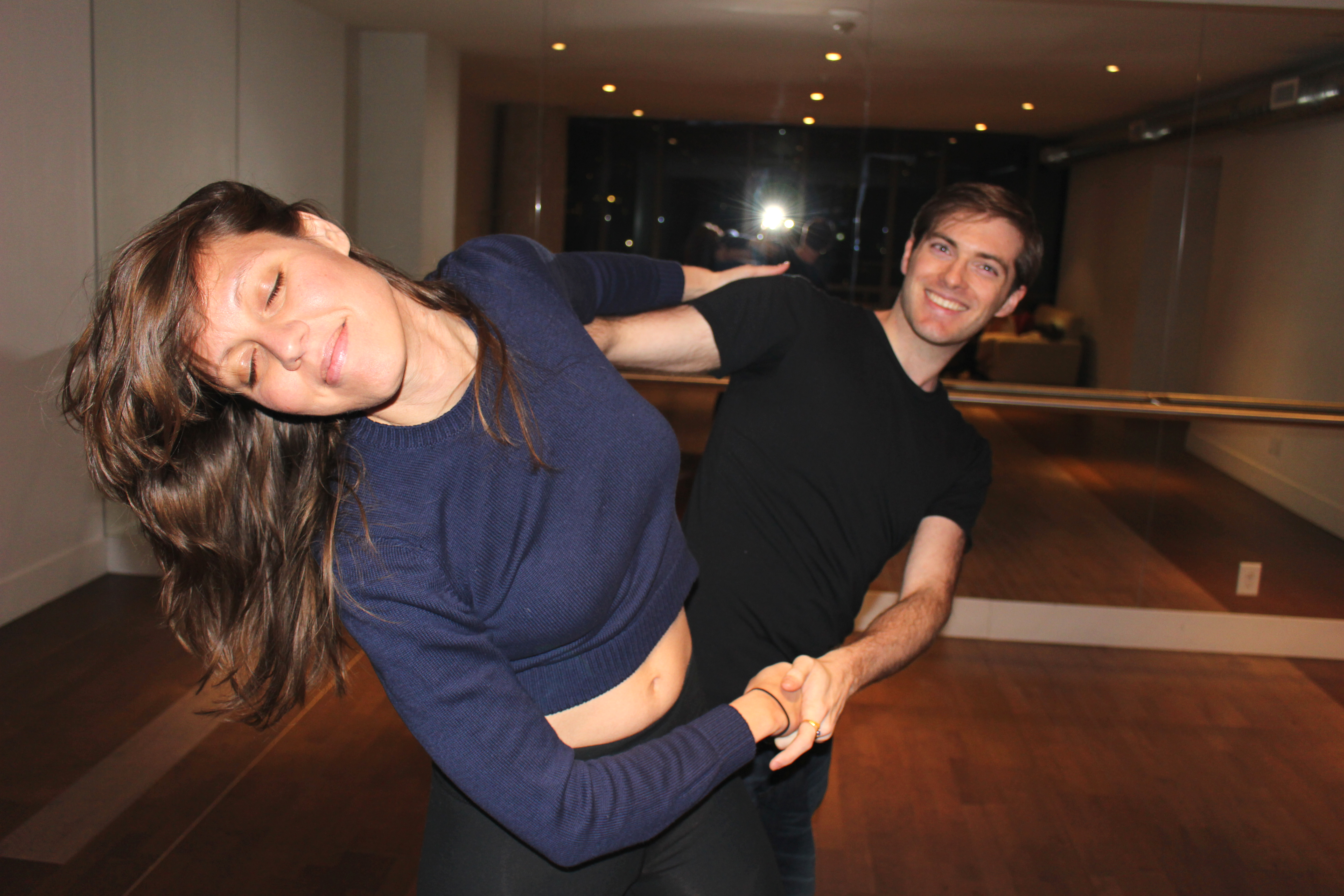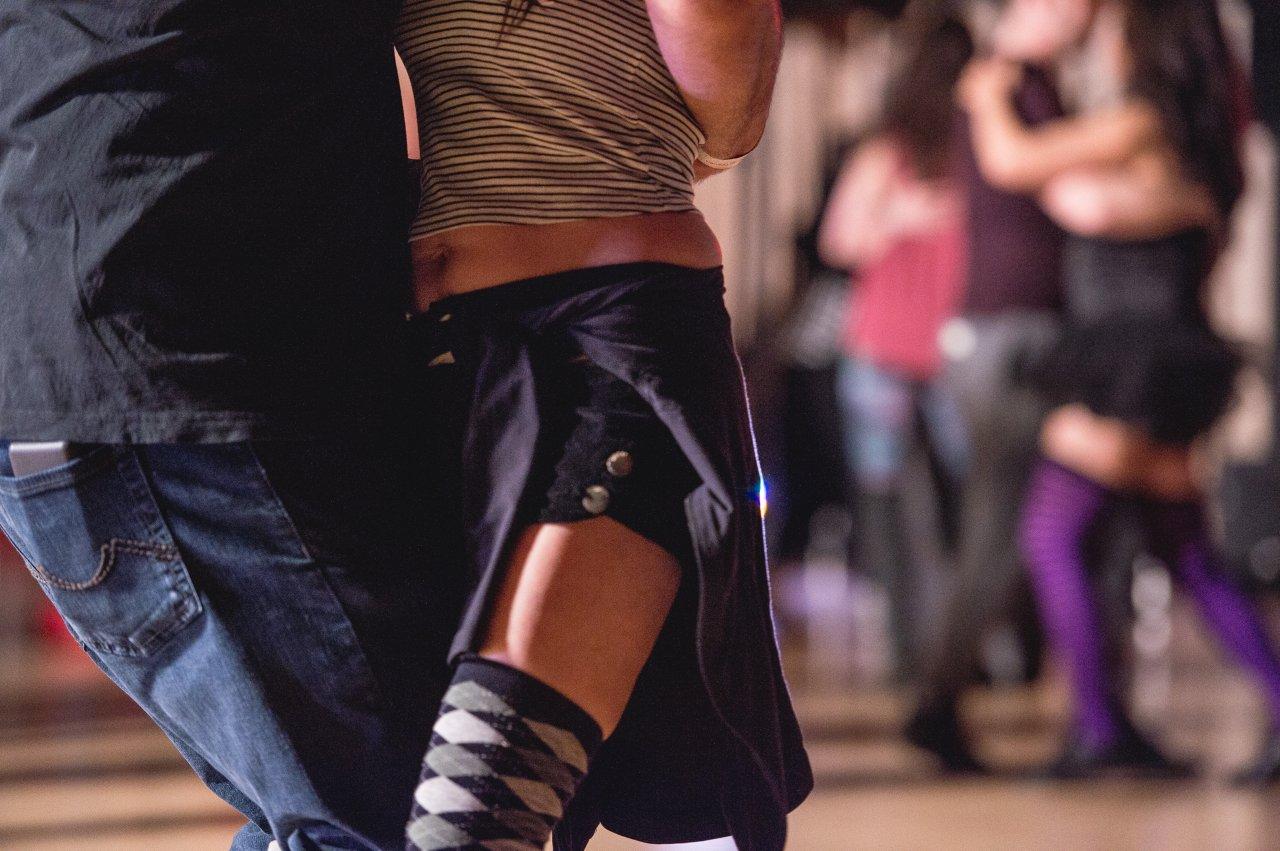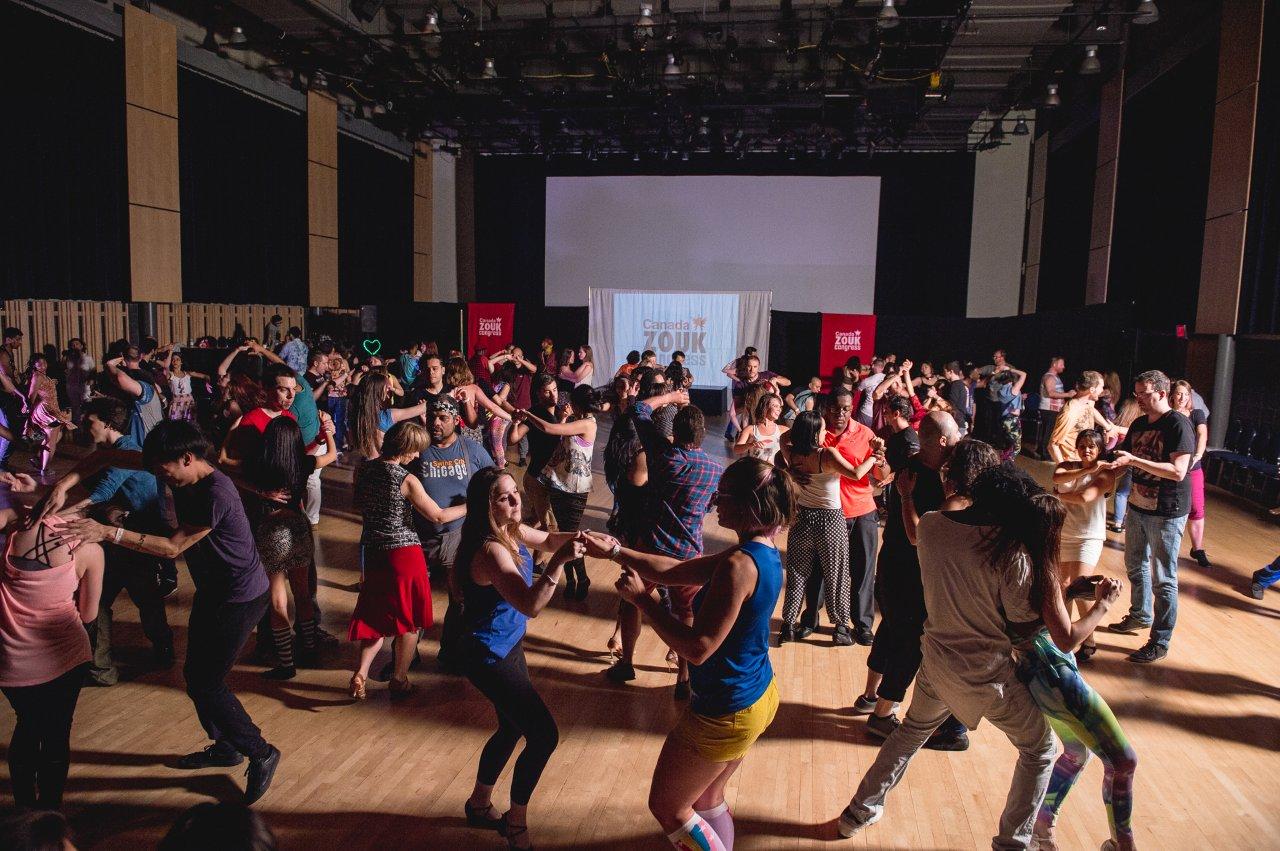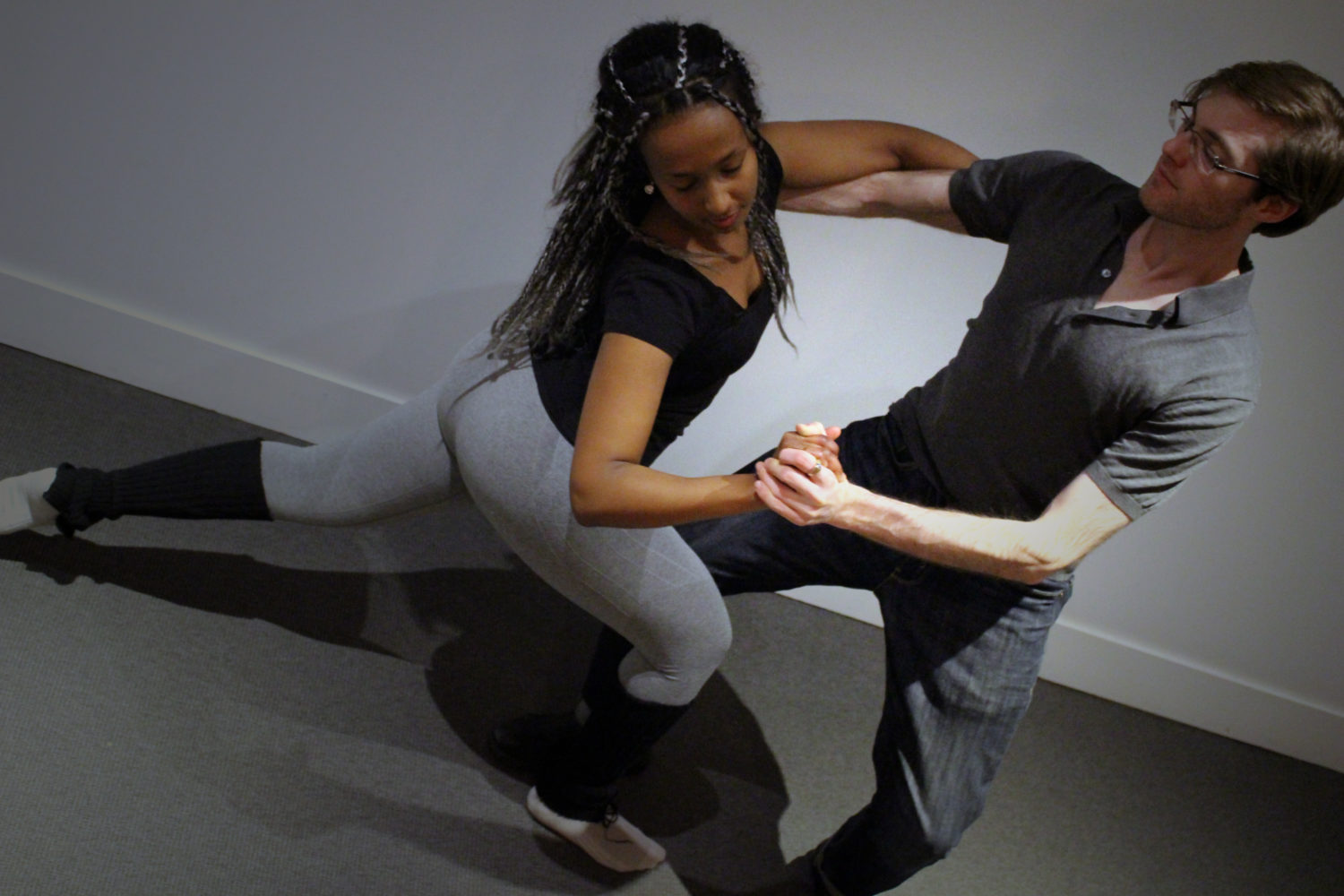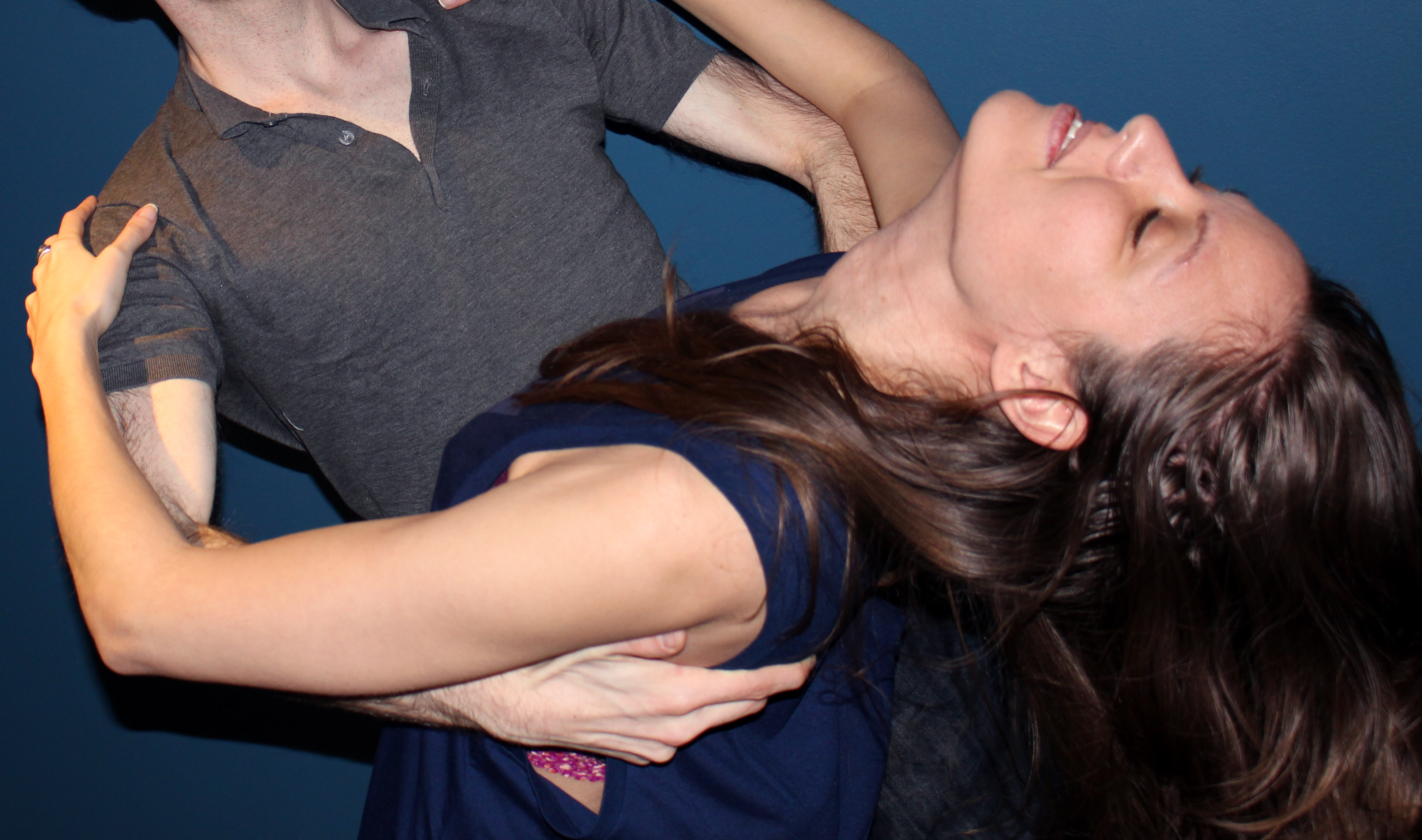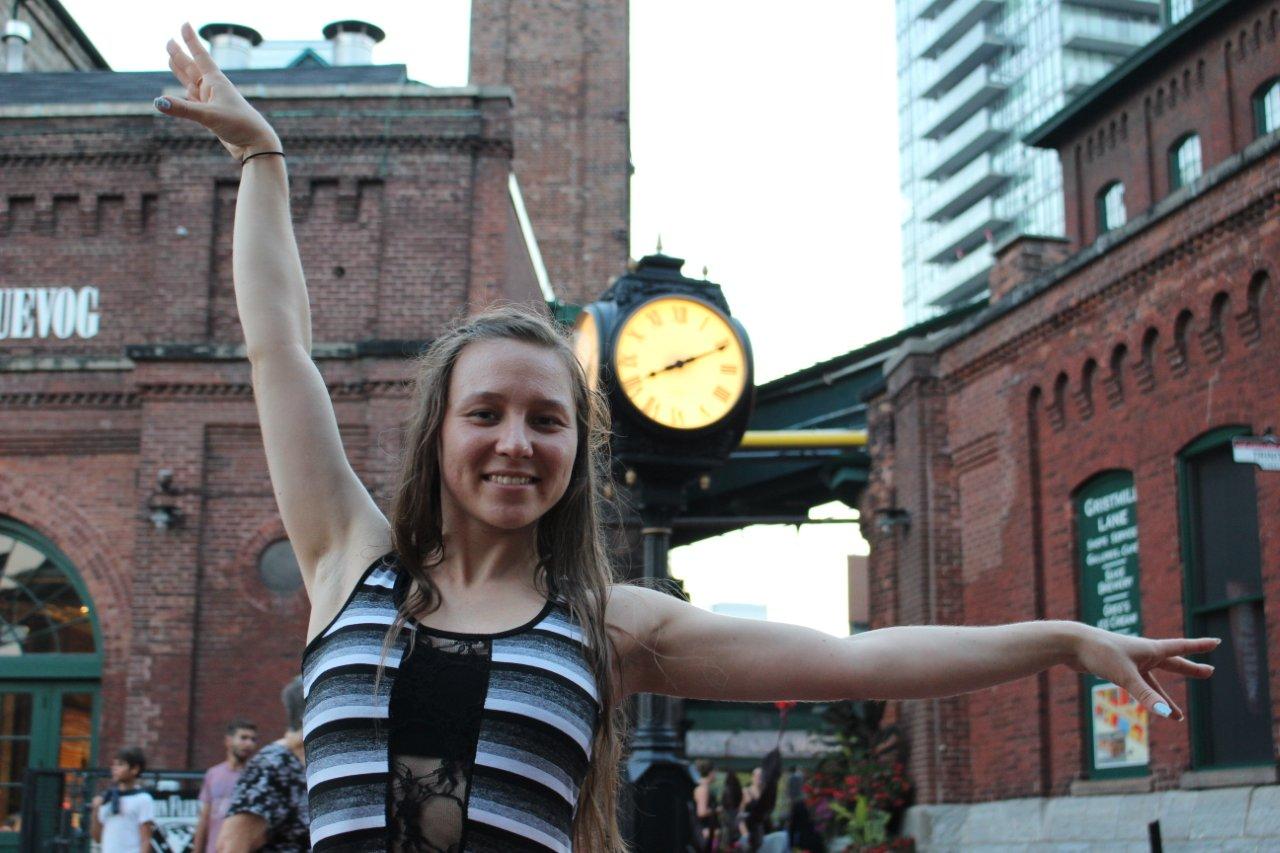Hello all, It’s been a while. For most of us, we’re still grappling with the effects of COVID-19 on our communities. My own city is still in lockdown; I’ve barely danced for a year. That year has given me a lot of time to reflect on both how dance has been an important and fulfilling part of my life – but also the parts of me that have suffered or been exacerbated by the pressures I put myself under within the context of social dance. This reflection has led me to a conclusion that may strike some as controversial: Dance is not…
-
-
You have probably heard (or said) some variation of the phrase “I love beginners! All I care about is that my partner has good, clean basics.” We think that it takes the pressure off of novice dancers who are still getting their feet, and that it discourages pattern junky or rough behaviour. But, I think we may want to reconsider this phrase. The “Clean Beginner” Myth Beginners cannot have clean basics. Some may have cleaner or stronger basics, and some may be weaker. But, they’re not going to be ‘clean.’ Why? Put simply, they haven’t developed them yet. Very few people…
-
I turn 30 today. I started dancing when I was almost 20 (except for the ballet class I got kicked out of at age 5). That means that I’ve been dancing just over 10 years. From my infancy in Salsa to my current status as a Brazilian Zouk organizer and teacher, it’s been a long journey. In those 10 years, my dancing, my role, and my outlook has changed and evolved. Things I used to think were clear are shades of grey. This blog (started in 2013? 14?) is a living testament to that; my first few posts are very,…
-
For many of us, whether professional or amateur, dance is a passion that we devote a substantial amount of time, energy, and money to. We engage in training, travelling, and practising to make our dance closer to our perceived ‘ideal’. However, for some of us, we end up burning ourselves out because we push too hard too often. We start losing motivation (and then get mad at ourselves for that decreasing motivation), which can eventually cause some of us to depart from the scene entirely. One of the biggest contributors to this burnout is that many of us don’t permit ourselves…
-
Have you ever had an unpleasant dance? Maybe your partner squeezed your hand too hard. Maybe they were generally off-time and a bit rough. What did you do? Did you fix your face into an unsatisfied scowl to teach them a lesson? If you did, you have engaged in what I call passive-aggressive feedback. What is passive-aggressive feedback Passive-aggressive feedback is when a dancer uses body language (or, in extreme cases, even words) to indicate to their partner how unhappy they are with the present situation, but does not offer any constructive information as to what the issue is or…
-
A while ago, I wrote an article about the many reasons that professionals don’t always social dance. However, beyond that, there seems to be a fundamental disconnect both in how advanced dancers treat newer dancers, and the way that new dancers treat their dance idols. In many places, this has led to a strange dynamic where advanced dancers almost shun newer ones, while new ones create dance queues and demonize advanced dancers who are not super generous in their dances. As a social dancer in some styles and a professional in others, I’ve been on both sides of the divide.…
-
Over time, dance communities are moving towards a greater focus on follower empowerment. We are becoming more aware of the value followers bring to a dance, and the need to teach to both followers and leaders. But, some people are still a little bit foggy on what follower empowerment is. What follower empowerment is not As we explore what follower empowerment is, we need to remember that it is not about making followers more important than the leader, or insinuating that leaders are the bad guys. Rather, by giving more weight to the responsibilities and importance of the follower role, it actually reduces the…
-
In social dance, we often exist in a bliss bubble. We are used to physical touch and trusting those around us. But, these conditions also make it easy for people who are predators to manipulate or prey on us, our friends, and community members. More often than not, the first allegation against someone won’t get a lot of traction unless there is substantial proof. But, in most cases, predators don’t commit a one-off assault. Rather, there’s a pattern of behaviour. One person may have experienced dance floor groping; another may have been kissed by force. Then, you may find out…
-
Some of us complain that when we go to big events, congresses or festivals, we have a hard time getting dances. This specifically seems to affect solo travelers more than those coming with a large local group. These experiences can lead to us feeling deflated, insecure, and disillusioned. In some cases, it can even negatively colour the entire event experience. Others (particularly those who travel frequently) end up largely dancing with the same pool of desired and known partners. While this can be fun, it can also eliminate possible fantastic new partners. It also misses out on the thrills of bringing newer,…
-
Have you ever been told that you were a ‘heavy’ follower, attempted to become lighter, and were then told that you were too disconnected or floppy? Or, have you been told your connection was too “light”, attempted to adjust, and then found yourself being called too “heavy”? If so, this article is for you. The “Heaviness” and “Lightness” Problem Frequently, social dancers use heaviness and lightness as catch-all phrases to encompass the idea of “connection.” A follow who is “too heavy” often has too much tension, pushes down their arms, and can feel immovable. A follow who is “too light”…
-
I have always advocated strongly for dancers to speak up when something hurts, or when they’re uncomfortable. I still think it’s very important for dancers to learn how to use their voice. But, part of understanding our current social dance culture is also understanding that some people are not yet confident enough to speak up. No “Blame” (Usually) While we don’t like to think about it, sometimes we might be the person who made someone uncomfortable. There are very few (if any) people who actively want to make their partner uncomfortable. Most of us strive for the opposite. And, one of…
-
Question: What do all the following scenarios have in common? A follow is encouraged to walk off the floor if their lead unintentionally executes something rough. The lead is also called an “idiot” by the advice-giver. An advanced dancer is told that they’re selfish for dancing several times with their favourite dance partner. A scene leader is told that they’re self-centered for not giving more to their community. A girl gets rejected for dances because she wore something “too revealing.” A lead gets excluded from a social dance competition because he’s not “devoted to dance enough” for a competition where follows vote…
-
Each dance has their own system and customs for dancing. Some dances have a pretty defined limit of one-song-per-partner, while in others you can spend an hour or more dancing with one person. Tango has the most defined example, with a Tanda (3-4 songs) being the ‘standard’. I spend the majority of my time dancing Brazilian Zouk, which has a pretty open, multi-song system in both North America and Europe. The ‘norm’ is 2-3 songs per partner in most places. One is still polite and acceptable – but so is dancing for over an hour. I’ve also gone to WCS events, where the general ‘rule’…
-
Each great dance we will ever have comes down to a few foundational building blocks. If all the blocks are there, a dance will be more successful and pleasant. But, if we prioritize certain building blocks over others, we end up with an unbalanced experience. Those building blocks can be summed up as the Who, What, Where, When, Why, and How of the dance. The Who: Connection Connection (the “Who”) is your awareness and understanding of your partner. It encompasses how you touch, hold, or feel your partner’s body. It is important for understanding the what of a dance, because it…
-
Social dancers tend to covet the idea of becoming an advanced dancer. When beginners first start out, they ask “how long will it take for me to be an advanced dancer?” (Answer: depends completely on your skills, how seriously you take it, and how willing you are to learn.) Meanwhile, the advanced dancers in the scene are frequently sought out for dances. Depending on the genre, maybe multiple dances. Newcomers look up to them, intermediates want to be them, and fellow advanced dancers treat them with a sense of camradarie. It’s very easy to see that some things change when…
